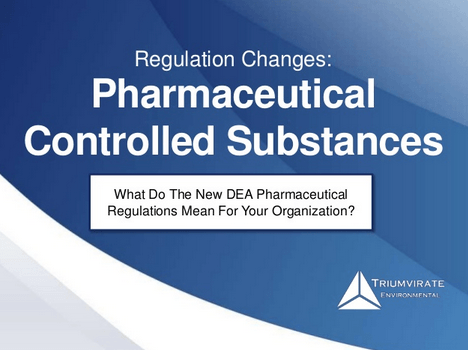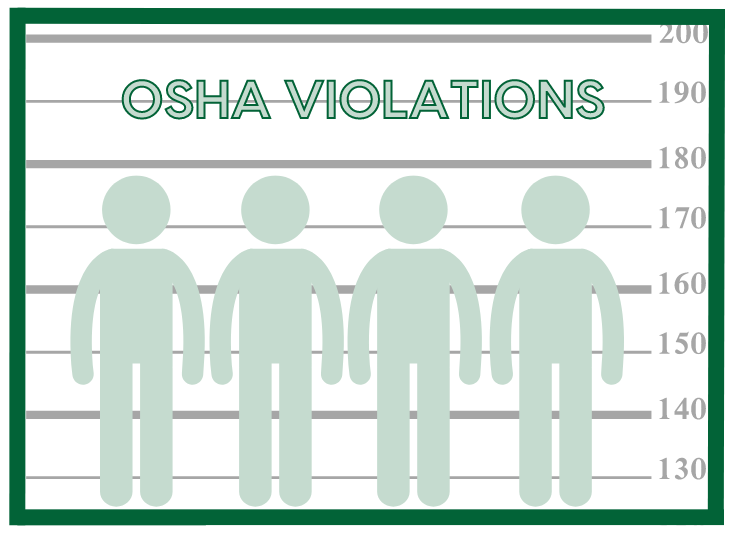Should You Become an Authorized Collector Under the New DEA Pharmaceutical Regulations? What You Need To Know.
 The Drug Enforcement Agency (DEA) on September 8, 2014, released their final rule on Pharmaceutical Controlled Substances and what options there are now for disposal. This final rule took effect October 9, 2014 and has expanded the program to make the disposal of pharmaceutical controlled substances simpler and safer. Today, industry expert Mike Albert hosted a webinar on this topic covering all you need to know about the new ruling. One of the most important questions answered? Whether or not you should become an authorized collector. Here are the pros and cons:
The Drug Enforcement Agency (DEA) on September 8, 2014, released their final rule on Pharmaceutical Controlled Substances and what options there are now for disposal. This final rule took effect October 9, 2014 and has expanded the program to make the disposal of pharmaceutical controlled substances simpler and safer. Today, industry expert Mike Albert hosted a webinar on this topic covering all you need to know about the new ruling. One of the most important questions answered? Whether or not you should become an authorized collector. Here are the pros and cons:Pro: Help A Greater Cause
All of these methods are voluntary and no one is required to start or maintain a disposal program. Why? The rule is intended to help guide and protect the environment and to limit illegal use/diversion of the controlled substances. Take back events and mail-back programs will still be available. Though collection receptacles are now authorized, they are not required.
Con: There Are Specific (detailed) Guidelines for Your Collection Box
If you decide to become a “collector” you must make sure your receptacle meets all DEA standards. The receptacle must be located in an area that is secure and safe from unauthorized tampering. The outer container should be securely connected to a permanent structure. The container must have a small opening so substances can be placed in the container but not removed. The container must remain locked and labeled to accept only Schedule II-V controlled and non-controlled substances. The inner liner must be removable and sealed to not leak, break, tear or absorb anything it comes in contact.
Pro: This Regulation Will Help Save the Environment!
This regulation defines ‘non-retrievable’ and pharmaceutical wastage (partially used doses). It gives more leniencies around collection and disposal options for the most heavy users.
Con: It May Be More Expensive Than Current Practices
Many healthcare institutions put their un-used or partially used controlled substances “pharmaceutical waste in to the sewer system. This is legal and cheaper than setting up a collection receptacle, but could be harmful to the environment and future drinking water.
Pro/Con: Extra Attention For Your Institution
Getting extra attention (especially from regulatory bodies) could be a nerve-racking prospect for your institution. On the flip side, setting up a program that will take substances out of the community, limit illegal use and benefit the environment could also give your facility positive attention from the community, and media.
For a DEA compliance assessment and other related services, look here.





.png)
